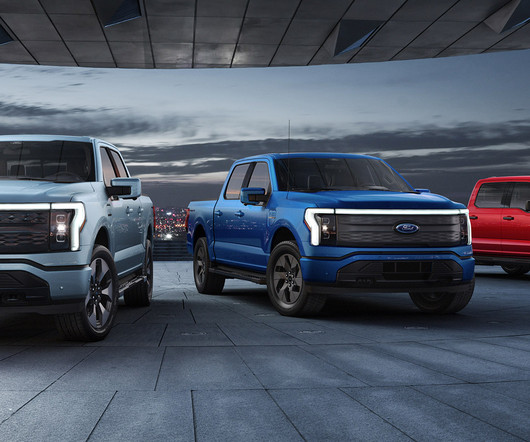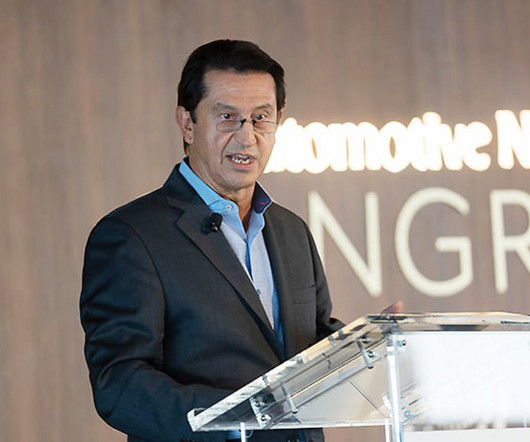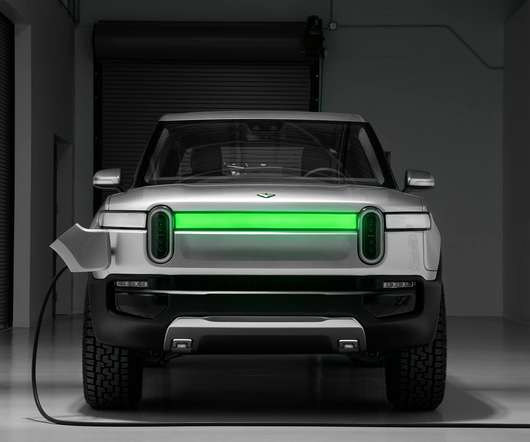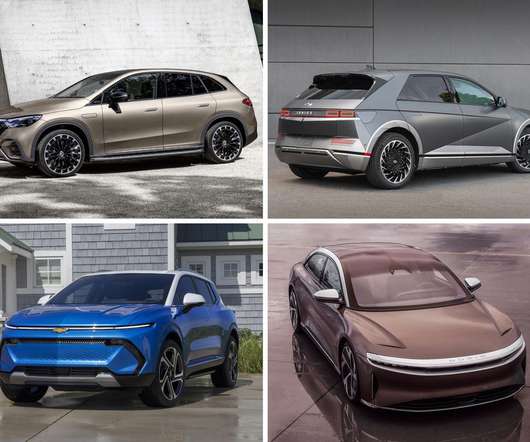UCSC team develops high-performance nanostructured composite catalyst for water-splitting to produce hydrogen
Green Car Congress
JANUARY 17, 2018
A low-cost, nanostructured composite material developed by researchers at UC Santa Cruz has shown performance comparable to Pt/C as a catalyst for the electrochemical splitting of water to produce hydrogen. An efficient, low-cost catalyst is essential for realizing the promise of hydrogen as a clean, environmentally friendly fuel.
































Let's personalize your content